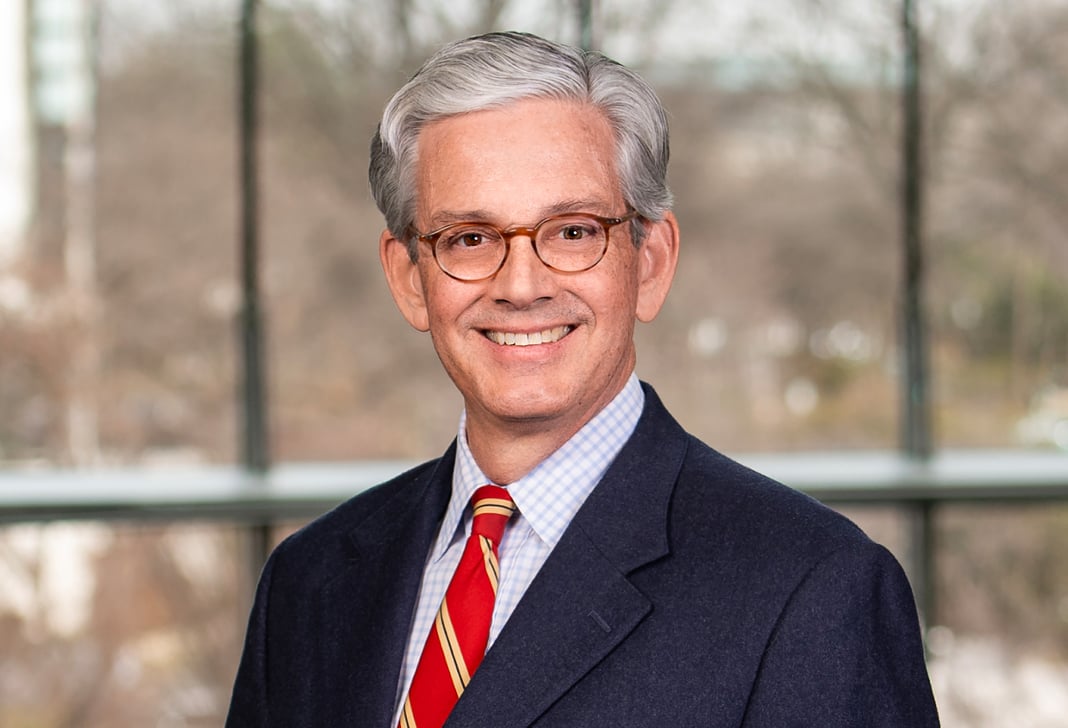
Court's Concern About Recovery Windfall Triggers FERC Inquiry
Result Could Be Lower Revenues from Assets Owned by Partnerships
On December 15, 2016, the Federal Energy Regulatory Commission ("FERC") issued a Notice of Inquiry ("NOI") seeking public comment on a matter that could result in significant changes to the way cost-based rates are calculated for oil pipelines and other FERC-regulated entities organized as partnerships, as opposed to corporations.[1] The NOI follows the July 2016 decision of the U.S. Court of Appeals for the D.C. Circuit in United Airlines, Inc. v. FERC, where the court reviewed FERC's application of established cost-of-service ratemaking policies to an oil pipeline organized as a limited partnership.[2] The court remanded the case to FERC because FERC failed to demonstrate that no double recovery of income tax costs occurred where the pipeline's rates reflected both a rate of return on equity ("ROE") calculated using the "discounted cash flow" method and an income tax allowance.[3]
FERC issued the NOI to seek public comment regarding potential adjustments to FERC's policies on ROE and income tax allowances "to resolve any double recovery of investor-level tax costs for partnerships or similar pass-through entities."[4] In FERC's view, the United Airlines holding has a "potentially significant and widespread effect" not only on oil pipelines, but also on FERC-regulated natural gas pipelines and electric utilities organized as or owned by partnerships or other pass-through entities, including master limited partnerships, that incur no income taxes at the entity level.[5] Initial comments on the NOI are due February 6, 2017, and reply comments are due February 27, 2017.
In the context of rate-regulated partnership entities, the United Airlines court identified a tension between FERC's policy for setting ROE and its policy for providing an allowance for recovery of income tax costs. It explained that FERC's discounted cash flow methodology for calculating ROE "determines the pre-tax investor return required to attract investment, irrespective of whether the regulated entity is a partnership or a corporate pipeline."[6] An equity owner in a partnership pipeline, however, receives a higher after-tax return than an equity owner in a corporate pipeline, because a partnership pipeline incurs no taxes at the entity level, other than those that may be imputed from its partners.[7]
According to the court, "[t]hese facts support the conclusion that granting a tax allowance to partnership pipelines results in inequitable returns for partners in those pipelines as compared to shareholders in corporate pipelines,"[8] i.e., that partnership pipelines receive double recovery of investor-level income taxes. According to the court, given the differing tax treatment that applies, "the necessary conclusion is that partners in a partnership pipeline receive a windfall compared to shareholders in a corporate pipeline …."[9] While the court affirmed that FERC may permit partnership pipelines to recover an income tax allowance, it added that FERC must do so consistent with its obligation to ensure that investors receive returns commensurate with the risk they assume.[10] Therefore, the court found FERC's decision to be arbitrary and capricious, and it vacated and remanded to FERC to consider and demonstrate how it might prevent such double recovery.[11]
In the NOI, FERC requests feedback on ways that it could adjust its income tax allowance and ROE policies to resolve the potential windfall concerns identified by the D.C. Circuit.[12] The NOI invites interested parties to propose specific reforms and to explain how such reforms could enable partnership entities to attract needed capital—a key purpose of ROE-setting as articulated by the U.S. Supreme Court in its landmark 1944 Hope decision—while also preventing partnership entities from double-recovering investor-level income tax costs.[13] FERC asks that commenters address the practical implications of their proposals and include supporting data, theoretical analyses, empirical studies, and other relevant evidence demonstrating the soundness of any proposed approach.[14]
The United Airlines decision and FERC's NOI are only the latest rounds in a heavily litigated area of Commission practice, which has produced a long line of decisions from FERC and from the D.C. Circuit over more than a decade.[15] Because income tax allowances and ROE are significant components of cost-of-service rates, FERC's action on the NOI will be of great interest to partnerships and other pass-through entities that own natural gas pipelines, oil pipelines, or electric utilities that provide services at cost-based rates.
[1] Inquiry Regarding the Commission's Policy for Recovery of Income Tax Costs, 157 FERC ¶ 61,210 (2016), 81 Fed. Reg. 94,366 (Dec. 23, 2016).
[2] 827 F.3d 122 (D.C. Cir. 2016).
[3] Id. at 136.
[4] NOI at P 19.
[5] Id. at P 2.
[6] 827 F.3d at 136.
[7] Id.
[8] Id.
[9] Id.
[10] Id. at 137 (citing Fed. Power Comm'n v. Hope Natural Gas Co., 320 U.S. 591, 603 (1944)).
[11] Id.
[12] NOI at P 18.
[13] Id. at PP 19-20.
[14] Id.
[15] See, e.g., ExxonMobil Corp. v. FERC, 487 F.3d 945 (D.C. Cir. 2007); BP West Coast Products, LLC v. FERC, 374 F.3d 1263 (D.C. Cir. 2004); Policy Statement on Income Tax Allowances, 111 FERC ¶ 61,139 (2005); SFPP, L.P., 113 FERC ¶ 61,277 (2005); Texaco Refining and Mktg., Inc. v. SFPP, L.P., 117 FERC ¶ 61,285 (2006); SFPP, L.P., 121 FERC ¶ 61,240 (2007); SFPP, L.P., Opinion No. 511, 134 FERC ¶ 61,121 (2011), on reh'g, Opinion No. 511-A, 137 FERC ¶ 61,220 (2011), on reh'g, Opinion No. 511-B, 150 FERC ¶ 61,096 (2015), vacated and remanded sub nom. United Airlines, Inc. v. FERC, 827 F.3d 122 (D. C. Cir. 2016); SFPP, L.P., Opinion No. 522, 140 FERC ¶ 61,220 (2012), on reh'g, Opinion No. 522-A, 150 FERC ¶ 61,097 (2015).


